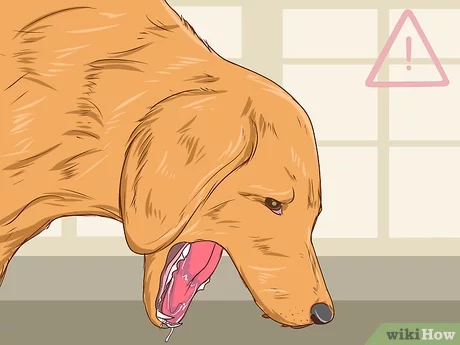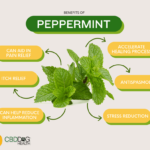Are Cow Ears Good For Dogs
Are Cow Ears Good for Dogs: A Comprehensive Guide
As a dog owner, you want to give your furry friend the best nutrition possible. You may have heard of cow ears as a popular treat for dogs, but are they actually good for them? In this article, we will explore the benefits and potential risks of giving cow ears to your canine companion.
What Are Cow Ears?
Cow ears are a type of dog treat made from the ear cartilage of cows. They are often sold as a natural alternative to rawhide chews and can be found in pet stores or online. Cow ears are generally considered safe for dogs to consume and are marketed as being high in protein and low in fat.
Benefits of Cow Ears for Dogs
Cow ears offer several potential benefits to dogs, including:
1. Promoting dental health: Chewing on cow ears can help clean teeth and prevent tartar buildup. The act of chewing also stimulates saliva production, which can neutralize harmful bacteria in the mouth.
2. Providing mental stimulation: Dogs love to chew, and cow ears provide a satisfying outlet for this natural behavior. Chewing on a cow ear can also help relieve stress and boredom.
3. Nutritious snack: Cow ears are high in protein and contain essential vitamins and minerals such as calcium, phosphorus, and magnesium. They are also low in fat, making them a healthy snack option for dogs who need to maintain their weight.
4. Allergy-friendly: Cow ears are a great option for dogs with food allergies or sensitivities since they are free from common allergens such as wheat, soy, and corn.
Risks of Cow Ears for Dogs
While cow ears can offer many benefits for dogs, there are some potential risks that pet owners should be aware of:
1. Choking hazard: Cow ears can pose a choking hazard if they are not properly chewed or if pieces break off and are swallowed whole.
2. Digestive issues: Some dogs may experience digestive issues such as diarrhea or vomiting after eating cow ears. This can be due to the high protein content or because the treats are not easily digestible.
3. Contamination: Like any animal-based product, cow ears can carry bacteria such as salmonella or E.coli. It is important to purchase cow ears from a reputable source and store them properly to prevent contamination.
How to Give Cow Ears to Your Dog
If you decide to give your dog cow ears, there are some things you should keep in mind:
1. Always supervise your dog while they are chewing on a cow ear to ensure they do not choke or swallow large pieces.
2. Start with small amounts and monitor your dog’s reaction. If they experience any adverse effects, stop giving them cow ears immediately.
3. Store cow ears in an airtight container in a cool, dry place to prevent spoilage and contamination.
4. Consider alternatives if your dog has trouble digesting cow ears or if they pose a choking hazard.
Conclusion
In conclusion, cow ears can be a nutritious and enjoyable treat for many dogs. They offer several potential benefits such as promoting dental health and providing mental stimulation. However, pet owners should also be aware of the potential risks such as choking hazards and digestive issues. As with any new food item, it is important to introduce cow ears slowly and monitor your dog’s reaction before making them a regular part of their diet.



